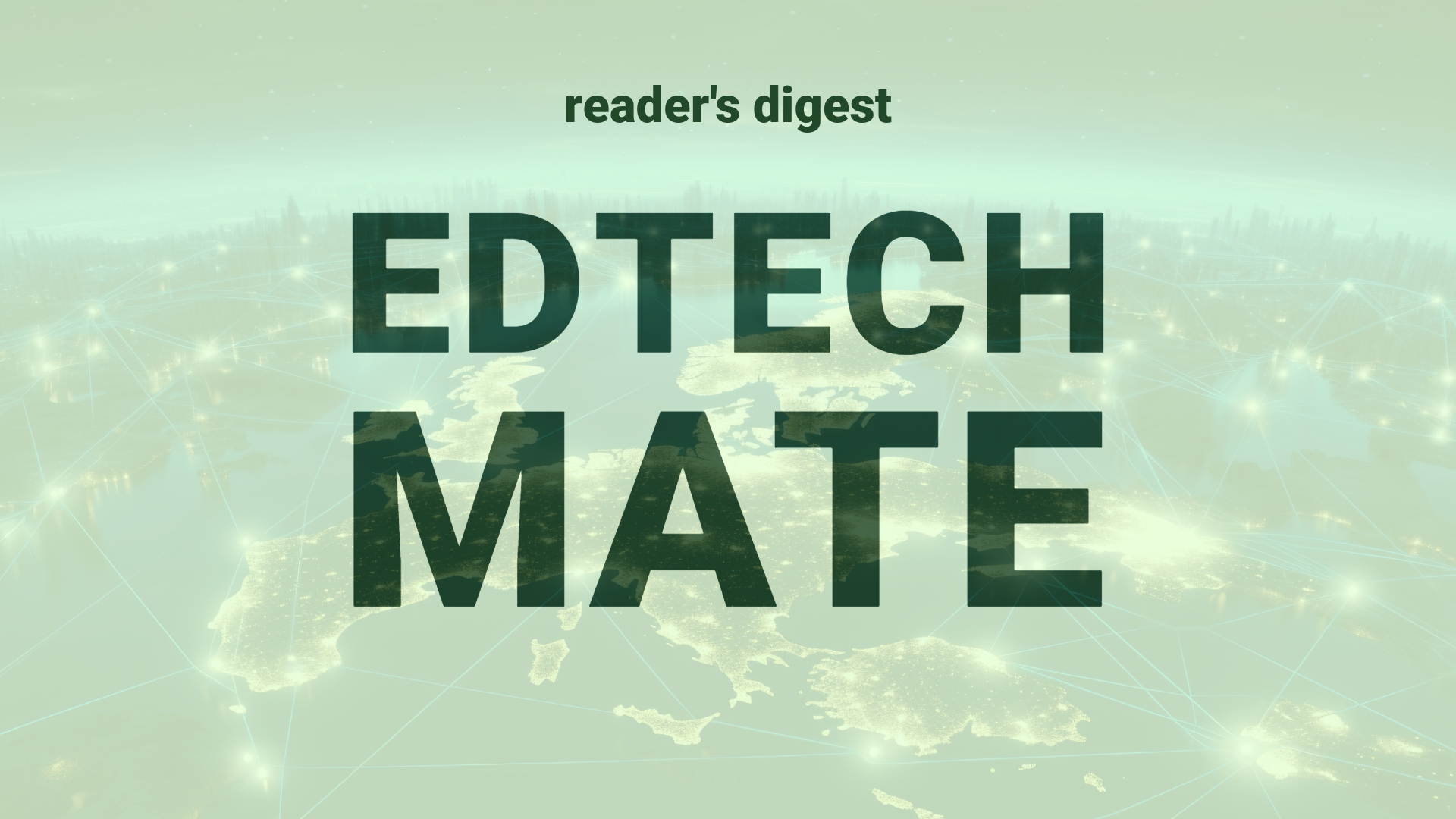Executive Summary and Main Points
The integration of artificial intelligence (AI) in technology teams is a focal point for Chief Information Officers (CIOs) envisioning the IT future. CIOs are positioned as key advisors and implementers in their organizations’ AI investment, demanding a shift to become change agents who advocate for new technologies. Trevor Schulze’s article outlines three critical approaches for building IT teams: embracing the role of change agent, focusing on data literacy to understand business deeply, and committing to continuous learning and coaching. The need for multidisciplinary skills is emphasized over niche specialization, with leaders required to address ethical, intellectual property, copyright, and data privacy issues. CIOs play a pivotal role in strategy and team upskilling to maintain an adaptable culture amidst constant change in AI technologies.
Potential Impact in the Education Sector
The presented approaches can significantly influence Further Education and Higher Education by fostering strategic partnerships between academia and industry. Data literacy can be integrated into curricula as a core competency. Higher education institutions can bridge the data skills gap by offering specialized AI and analytics courses, preparing students with the multidisciplinary skills for evolving IT roles. In the sphere of Micro-credentials, targeted programs can provide ongoing professional development opportunities for IT teams to keep abreast of AI advancements, ethical guidelines, and data governance practices.
Potential Applicability in the Education Sector
Innovations in AI and digital tools offer a plethora of applications for global education systems. Universities can develop AI-fueled predictive analytics to enhance student retention and success. Online platforms may utilize AI to personalize learning experiences and career guidance, driven by data literacy among educators and administrators. Ethical frameworks for using AI within education can be established, safeguarded by digitally literate IT teams influencing policy and technology deployment in educational settings.
Criticism and Potential Shortfalls
While AI offers transformative prospects, there are criticisms concerning the readiness of the education sector to adopt these changes. Issues like the digital divide, cultural insensitivity, and potential job displacements must be addressed. International case studies show discrepancies in the capacity to implement AI, influenced by disparities in resources and digital infrastructure. Ethical considerations, especially concerning data privacy and the risk of algorithmic bias, present ongoing challenges in diversifying the use of AI across global education systems.
Actionable Recommendations
International education leadership should consider the following recommendations:
– Incorporate multidisciplinary AI and data literacy courses within higher education curricula.
– Develop strategic industry-academic partnerships to facilitate real-world AI integration in educational settings.
– Invest in micro-credentials for IT staff to ensure continual professional development in AI trends and ethical governance.
– Create clear ethical frameworks and policies on the use of AI and data while considering cultural specificity and inclusiveness.
– Encourage a culture of innovation and resilience within IT teams to adapt to and leverage evolving AI technologies effectively.
Source article: https://hbr.org/sponsored/2024/04/how-cios-can-build-it-teams-for-the-ai-age

